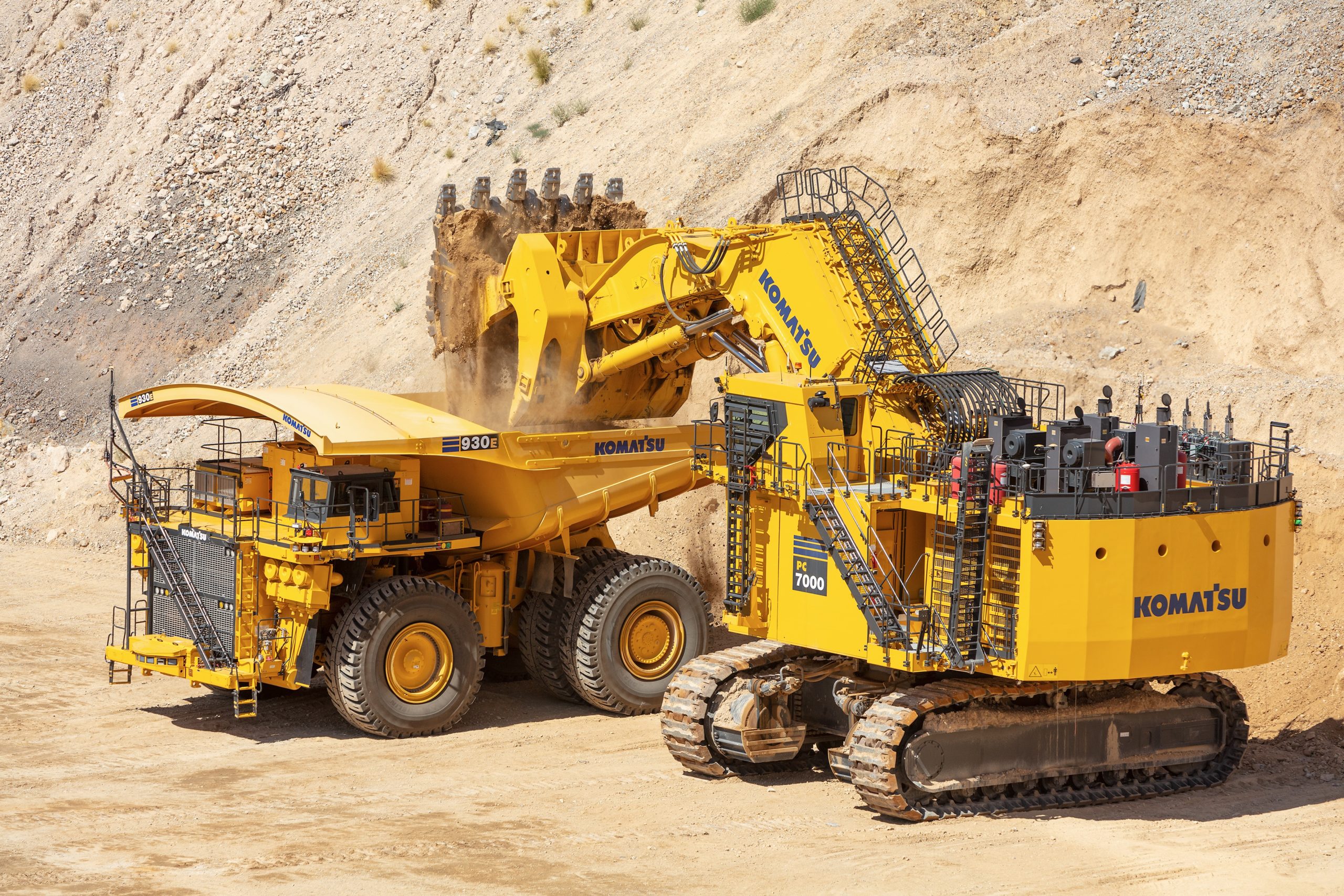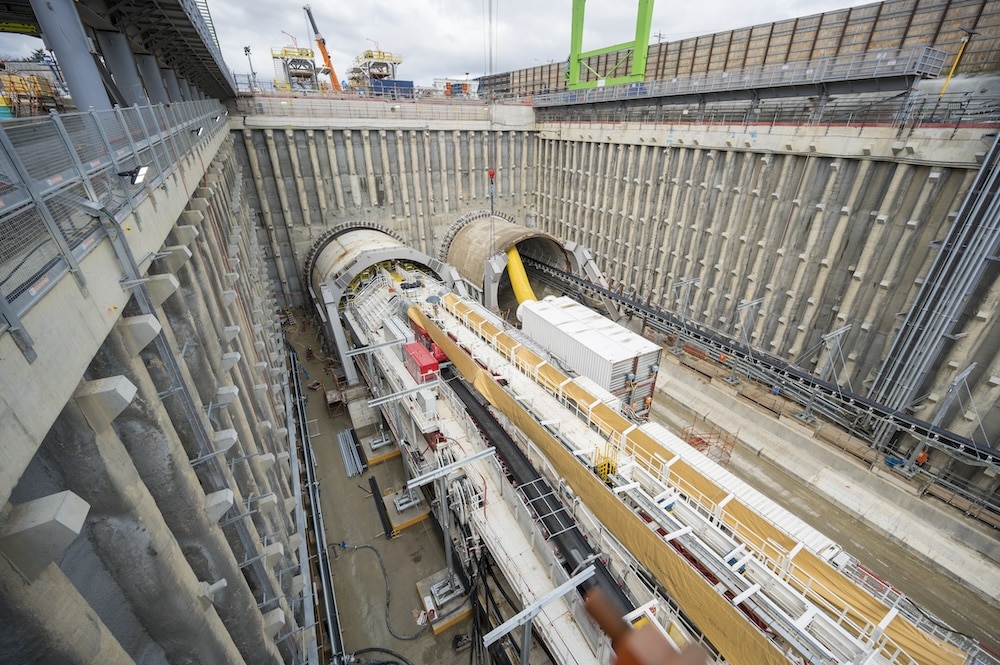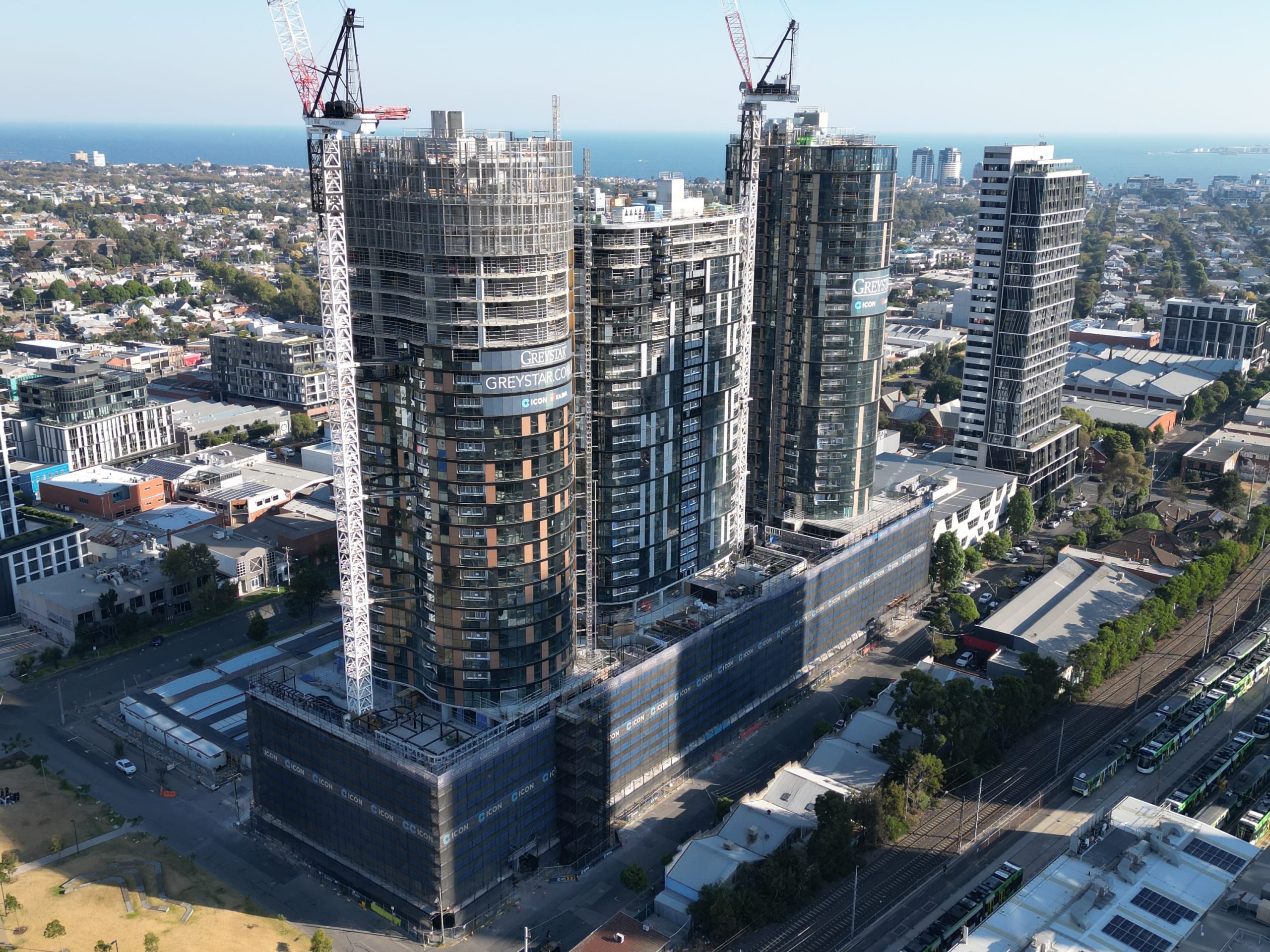With diabetes on the rise across the Middle East, one company is hoping to help meet soaring demand for insulin with a state-of-the-art manufacturing facility that is the first of its kind in the region.
Obesity-related diabetes is on the rise in the Middle East. The World Health Organisation estimates that almost one-fifth of the region’s population is affected by the disease. And the International Diabetes Federation believes that the number of diabetics in the UAE will soar by a staggering 80 per cent by 2030.
It comes as no surprise then, that insulin is one of the region’s most sought-after medications. And one company looking to meet that demand by becoming the Middle East’s first manufacturer of insulin is Gulf Pharmaceutical Industries, or Julphar, as it is more widely known.
Based in Ras Al Khaimah in the UAE, Julphar was established in 1980—the first pharmaceutical manufacturing company to be set up in the Arab Gulf States. Today it continues to be a leading pharmaceutical producer in the region, with nine production facilities located in the UAE.
Marketed across five continents, Julphar’s 200-plus products target a number of major therapeutic areas, including anti-infection, the central nervous system, endocrinology, joints and the musculoskeletal system, the respiratory system, the oral cavity and gastrointestinal tract, immunosuppression, nutrition and blood, local anesthetics, skin, and para-medical products. The company, which is the largest drug manufacturer in the Middle East, has the capacity to produce a total of 4.8 billion units of various dosage forms each year.
Last year, Julphar announced record sales growth of 11.3 per cent, with sales of 186 branded generic products and 800 drug formulae to more than 40 countries reaching Dh1billion. The revenue even bolstered the UAE’s exports balance sheet by an impressive Dh900 million.
And now, Julphar looks set to break yet more records with its new $136 millioninsulin manufacturing facility in Ras Al Khaimah—a state-of-the-art biotechnological plant for the production of recombinant human insulin crystals.
Julphar first entered the insulin production market eight years ago, importing insulin crystals for the local production of Jusline (Julphar’s recombinant human insulin). With regional demand for high-quality insulin now growing, Julphar is set to become the first company in the MENA region to produce recombinant DNA insulin in-house. Jusline has been approved by many regulatory health authorities and is registered in more than 14 countries worldwide.
“This new facility strengthens Julphar’s commitment to diabetes management, not only in the UAE, but also on an international scale,” says Dr Ayman Sahli, CEO of Julphar.
A clinically-validated recombinant DNA insulin, Jusline is available in 10ml vials of 100 u/ml in three different formulations: Jusline R (regular), Jusline N (basal) and Jusline 30/70 (biphasic), covering all insulin requirements for diabetic patients. Julphar says that Jusline offers high quality recombinant human insulin to healthcare providers and patients at an accessible price, and also supports regional governments with a strategic solution to reducing the diabetes burden and increasing the accessibility of insulin therapy.
Julphar hopes that the factory, which has the capacity to produce up to 50 million vials of the raw material for insulin each year, will fill a gap in the local market, where over 90 per cent of pharmaceuticals are currently imported. At the time of writing, the plant was just weeks away from commencing production.
All sub plants within the new complex are supplied through centrally connected corridors, technical shafts and underground tunnels, with the central main building connected to the offices, conference rooms, laboratories and the central control room.
Manufacturing operations are divided between six suites. Bulk media is formulated in the media preparation room before inoculation and up-filling to pre-fermentation vessels for fermentation. Bulk buffers are formulated in the buffers preparation area before up-filling to storage vessels in the buffer hold suite; and in the fermentation suite, four seed fermentors and four 5,000-litre production fermentors produce 10,000 litres of bacterial broth per batch. In the recovery area, the E.coli is killed and broken down to harvest the pre-proinsulin.
The pre-proinsulin is then separated out from the cell debris by centrifugation and filtration, prior to further refolding reactions, where it is treated with buffers to assist it in attaining the correct structure. In the downstream initial purification suite, the pre-proinsulin is purified to get rid of attached peptides; and in the downstream final purification suite, the pre-proinsulin is cleaved using CPB to modify its primary structure and then separated by chromatography and finally, crystallized.
Quality is of the utmost importance to Julphar, and hygiene processes have been considered and catered for during every stage of the plant’s design and development. The chromatographic process is monitored by protein-specific analysis using enzyme-immunological methods that make it possible to detect even the smallest possible by-products. The purity of the insulin is measured at every intermediate stage of production by the in-process control (IPC) laboratory. And all stages of the process use deionized and purified water, with microbiological and physical chemical quality monitored routinely and ozone removed with UV light before it is used.
All raw materials and auxiliary materials (such as solvents, acids, bases, salts and buffers) are of pharmaceutical quality or meet internal plant specifications and are checked regularly; and the nitrogen used for inerting is purified through high-efficiency particulate filters before use to prevent contamination by particles. As a rule, all stages of the process are carried out in closed tanks with solid pipe connections, and manual handling of the product is reduced to a minimum. The material used for the tanks and connecting pipes is corrosion-resistant stainless steel with defined surface roughness (internally electropolished for critical process steps), which ensures thorough and complete cleaning.
At the plant’s core is a high-capacity process control system, which processes about 10,000 items of input and output information and monitors and controls the entire manufacturing process. All quality-related instruments are calibrated upon putting into service, which is repeated regularly at appropriate intervals.
To achieve its world-class vision, Julphar has worked with a number of world-class suppliers. The architects for the plant were Julphar’s Projects and Engineering Department in collaboration with leading engineering consultants LINDE-KCA. Process piping and installation of the plant equipment was undertaken by GEA Diessel of Germany; cleanrooms were provided and installed by Isocap of Belgium; and automation of the plant and control systems along with instrument validation was carried out by Siemens. Main process equipment suppliers included GE Healthcare for chromatography purification systems; Pall for tangential flow filtration systems; GEA Westfalia for cell separators; Abec for fermentors and process vessels; Martin Christ for lyophilization; Fedegari for autoclaves; and Veolia for the RO system, WFI distiller and clean steam generator.
Julphar hopes that the new plant will mark the start of a new era in healthcare for the Middle East, where access to the most important medications is improved and high quality does not have to cost the earth.
DOWNLOAD
 Julphar-EMEA-Feb12-Bro-s_0.pdf
Julphar-EMEA-Feb12-Bro-s_0.pdf













